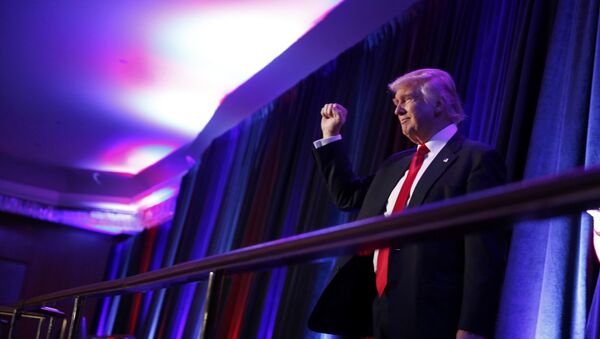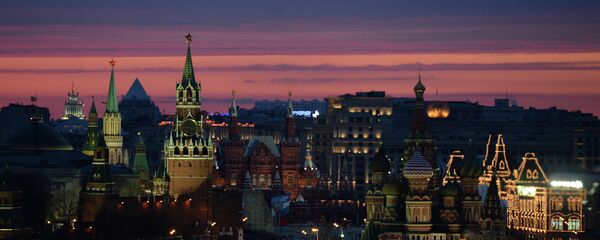"Mr Trump is taking us on an experiment at a scale we've never seen before," Prashad says.
According to Prashad, several countries have exited the world financial system, either forcibly or voluntarily. By example, by way of economic sanctions resulting from the suspected development of nuclear weapons, Iran was ejected from the world financial system but dealt with the repercussions in its own way. A more recent example was Brexit, Prashad says, but this would not carry the weight of a US withdrawal from global economic pacts.
The consequences of a US withdrawal from NAFTA and a trade standoff with China cannot be accurately predicted.
"Donald Trump's expectations are that a large tariff wall against China will somehow itself spur job creation in the United States."
The economic manifestations of the decision have a high chance of success, according to some, potentially creating jobs on American soil, but the political repercussions could be severe enough to nullify the move, Prashad notes.
"China will not take the 45 per cent tariff wall lightly," he warned.
China would also move to other global markets, including Russia and Africa; the latter seeing a growing Chinese presence. "It might end up isolating the United States from the rest of the world," Prashad notes.
Following the Spanish American war, the US sought to redraw colonial spheres of influence and expand toward new markets. The isolationist wing of the Republican party, mostly vanquished by the beginning of World War II, allowed the forces inside the US to put more effort into expanding economic influence. For some 20 years, US manufacturing and trade showed good results, as technological advancement allowed it to achieve almost hegemonic supremacy over the rest of the world.
But the economic stagnation of the 1970s saw business seek new forms of organization. Technological advancement, including huge container ships and other forms of versatile logistics, combined with advanced communication systems, allowing for the break-up of giant factories, dispersing manufacturing across the globe.
According to Prashad, this created a significant change, in which the labour force was no longer concentrated in one place, a system that formerly allowed workers to have a "bargaining position" against a corporate executive branch. Now, with smaller factories globally dispersed, it has become harder for workers to bargain for advantages previously gained through regional unity.
He shares a degree of pessimism in connection to Trump's protectionist policies, as they do not address the core of the problem: the policies and behaviour of the people who control money and property, the "global one per cent."
Prashad believes that President Trump will try to exercise as much control as he can, but, as a businessman, he must know that the one per cent cannot be threatened.
"If they feel that their accumulations are threatened at all, they will come at you," he says.
"So what you are going to get from Mr Trump is a great deal of rhetoric about going after the globalists," he says, but unless the new President addresses globalists directly, his policies are unlikely to be successful.
Despite his pessimism, Prashad is watching as the real outcome of a Trump presidency unfolds.







